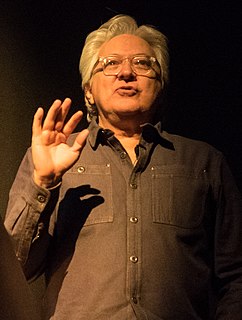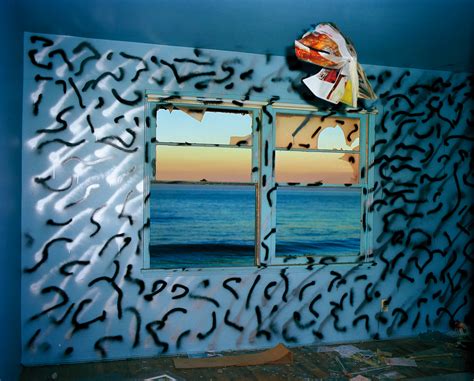A Quote by Bryan Adams
What's happened is that the digital age has made photography more accessible to people. Everyone is a photographer. But to do it [photography] at a certain level, well, there's a skill to it. Still, it's a good time for photography now.
Related Quotes
Traditionally, photography has dealt with recording the world as it is found. Before photography appeared the fine artists of the time, the painters and sculptors, concerned themselves with rendering reality with as much likeness as their skill enabled. Photography, however, made artistic reality much more available, more quickly and on a much broader scale.
To us, the difference between the #? photographer as an individual eye and the photographer as an objective recorder seems fundamental, the difference often regarded, mistakenly, as separating photography as art from #? photography as document. But both are logical extensions of what photography means: note-taking on, potentially, everything in the world, from every possible angle.
Different levels of photography require different levels of understanding and skill. A "press the button, let George do the rest" photographer needs little or no technical knowledge of photography. A zone system photographer takes more responsibility. He visualizes before he presses the button, and afterwards calibrates for predictable print values.
The first half of the 20th century belongs to Picasso, and the second half is about photography. They said digital would kill photography because everyone can do it, but they said that about the box brownie in 1885 when it came out. It makes photography interesting because everyone thinks they can take a picture.
To know whether photography is or is not an art matters little. What is important is to distinguish between good and bad photography. By good is meant that photography which accepts all the limitations inherent in photographic technique and takes advantage of the possibilities and characteristics the medium offers. By bad photography is mean that which is done, one may say, with a kind of inferiority complex, with no appreciation of what photography itself offers: but on the contrary, recurring to all sorts of imitations.
I collect art on a very modest scale. Most of what I have is photography because I just love it and it makes me happy and it looks good in my home. I also have a pretty big collection of art books mainly, again, on photography. A lot of photography monographs, which is great because with photography, the art itself can be reproduced quite well in book form.
Photography for me has been tremendously good, because I'm not a very sociable person. I'm happy reading or sitting in the library or going for walks. So photography has brought me in contact with people and made me understand people in a way that I probably wouldn't have done if I hadn't been a photographer. And so I'm grateful for that, really.




































